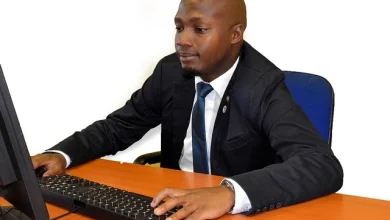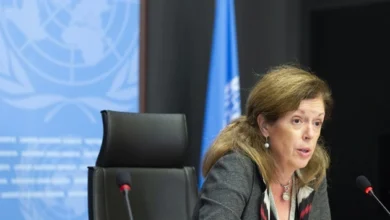Female politicians whose careers ended in murder
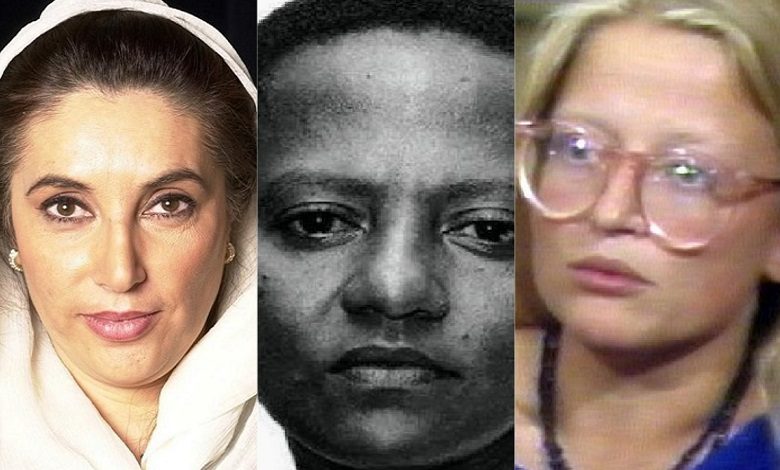
Politics is not only a game of numbers, it is difficult to play fair because you may find that you are the only one who observes the rules on all sides. Some females with potentials that have political ambition have been politically murdered.
History is full of brutal murders of the powerful, influential female politicians of this world, and recently there are more and more female names on this list below.
List of female politicians whose careers ended in murder
Indira Gandhi
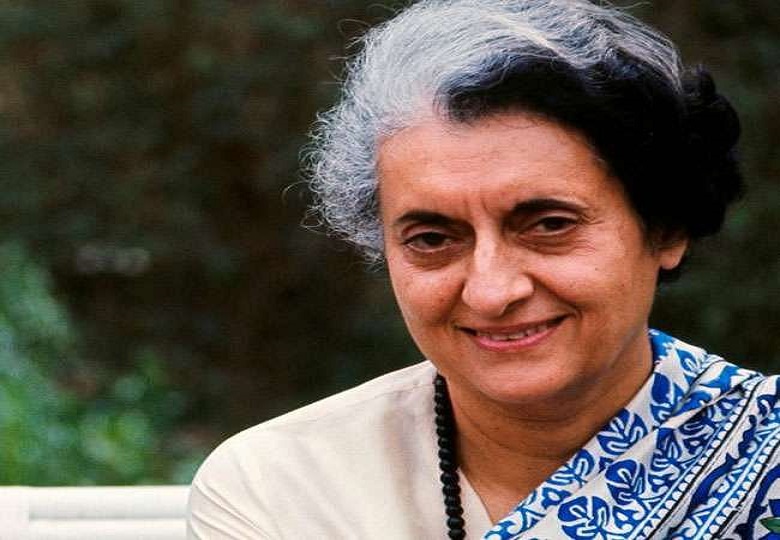
In the twentieth century, there were three goddesses of fate; their names were Golda Meir, Margaret Thatcher, and Indira Gandhi. Despite her surname, Indira was not related to “the same” Gandhi. She was the daughter of Prime Minister Jawaharlal Nehru, and her husband’s name was Feroze Gandhi.
Indira was Prime Minister twice, from her forty-nine to sixty years old and from sixty-three to her death, which came only four years later. It was under Indira that India signed a treaty of friendship and cooperation with the USSR.
She came to power promising to fight poverty: none of her compatriots should know hunger, thirst, or death from disease! However, the measures to combat took strangely. For example, in hospitals, women from the lower classes were sterilized without telling them anything.
She survived the first assassination attempt back in 1980, only after returning after the next elections to the post of prime minister. A knife was thrown at her. Indira managed to close the guard with his own body; the terrorist was captured.
Fatal for Indira was the confrontation between the Indian government and the Sikhs. In those years, the Sikhs were much harsher than they are now, and they staged, for example, Hindu pogroms. They also declared their disobedience to the government and declared themselves an independent, self-governing community. In a major operation to bring the Sikhs to obedience, five hundred people died. Four months later, Indira Gandhi was shot by his guards – they were traditionally recruited from the Sikhs, hereditary warriors.
For the first time in days, Indira took off her bulletproof vest to arrive for a TV interview in a beautiful yellow sari. The bodyguards knew this, and it was impossible not to notice. The ashes of Indira were scattered over the Himalayas as she bequeathed.
Benazir Bhutto
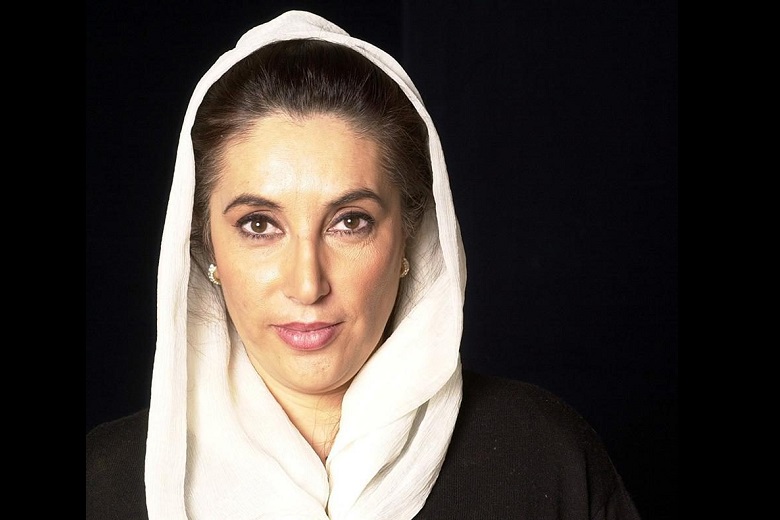
Benazir became the first Muslim ruler in our time, or rather, the head of government. Her party won the 1988 elections in Pakistan, and Benazir, as party leader, automatically became prime minister. Since she was only thirty-five, she also became the youngest female prime minister in history. Bhutto’s husband became finance minister.
Bhutto and her party successfully carried out a series of social reforms, mainly rebuilding what had been destroyed by the previous regime, and finally restored a bad peace with India, which was, of course, better than a good quarrel.
Meanwhile, Bhutto’s husband found himself at the center of a scandal over the scale of corruption he unleashed – he even earned the nickname “Mr of Ten Percent.” The scandals reached such proportions that in 1990 the president was forced to dismiss the entire government.
Three years later, Bhutto goes to the polls under the slogan… fight against corruption. This time, her party, which has lost popularity, has to unite with one more. Once again becoming prime minister, Bhutto nationalizes oil production and uses money from it for social programs. This time, her reign is much more successful. Schools were opened in the villages, electricity and water were installed (in hot Pakistan, there were real problems with water). Healthcare and education are now free.
In the meantime, corruption took on even greater proportions, and again Bhutto’s husband was involved in the scandal. Because of this, the popularity of the prime minister has dropped dramatically. Under the threat of a coup, the government recognized the Taliban, and the Taliban dismissed the government. Osama bin Laden announced the hunt for Bhutto with a ten million dollar bounty on her head. The military government that replaced the Taliban threw Bhutto’s husband in jail. Benazir herself fled abroad. In 2007, the president called her back, promising amnesty for a corruption case. The country needed Bhutto.
In the winter of 2007, Benazir spoke at a rally in front of her allies. With the president from the military, she already managed to quarrel again. The suicide bomber waited until the end of the rally – maybe he was interested in listening. Then he shot Benazir in the neck and chest and blew himself up. This was the second attempt on Bhutto’s life, this time it went successful. Together with Benazir, about twenty people died. Many Pakistanis blamed the president for this murder.
Anna Lindh

In 1998, Anna Lindh of the Social Democratic Party was appointed Minister of Foreign Affairs in Sweden. Her political activities went without scandals, and therefore Lindh’s murder shocked the country.
In the fall of 2003, Anna went to the supermarket to buy groceries. She had no guards since there were no enemies either. While she was looking at the goods on the shelves, a young man approached her. He stabbed her several times and fled.
Lindh was rushed to the hospital without delay. Doctors fought for her life for several hours, but the killer inflicted too much damage. The minister died the following day. Meanwhile, the killer was found and arrested. It turned out to be an ethnic Serb, a citizen of Sweden Mijailo Mijailović. He told the investigation that the voices in his head told him to kill Lindh. The court did not believe in his insanity and sentenced him to life imprisonment.
Jacqueline Creft
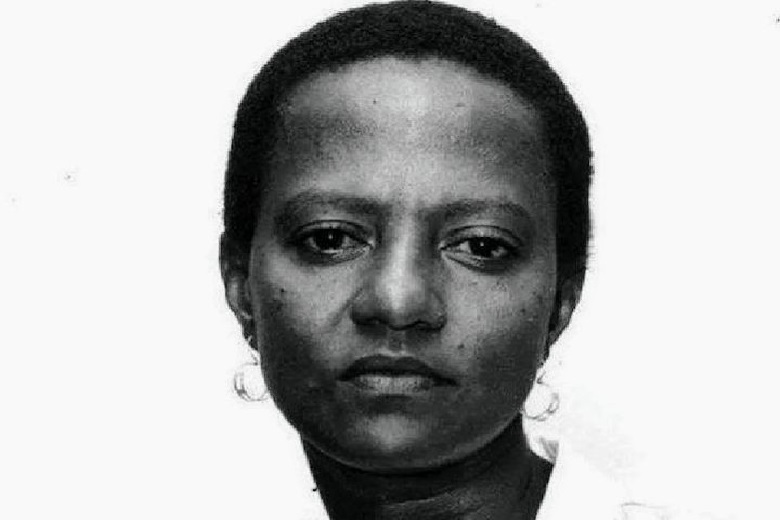
Grenada is a small island nation in the Caribbean. Jacqueline was born there to a family of African descent. In her youth, she worked as a school teacher while receiving a bachelor’s degree in political science. She was interested in politics from her youth. She participated in protests against the totalitarian regime of Gairy, as a result of which she lost her right to teach. She had an affair with the leader of these shares, which grew into an unofficial marriage. Jacqueline gave birth to a son named Vladimir Lenin Maurice.
After a successful coup in 1979, Jacqueline became Minister of Education and then, in a load, Minister of Women’s Affairs. Fortunately, Jacqueline understood both the needs of schools and the needs of women – for obvious reasons. Many schools were built and renovated under Creft.
Moreover, education itself has become quite ideologized. The colonialist view was purged – for example, it was no longer possible to teach that America was “discovered” because people already lived in it. Only the way to it by Europeans could be open. The number of hours for English-language literature, which previously constituted almost the bulk of literature lessons, was reduced.
In 1983, another coup took place, this time by radical communists. The head of the government, the common-law husband of Jacqueline, was arrested. She was first allowed to choose – to end contact with him or also be arrested. Creft chose arrest. The supporter managed to free both, Creft and her associates tried to stage a reverse coup and were killed.
According to rumors, cartridges were spared on Creft, and she was beaten to death. After another change of power, her murderers were sentenced to death with a change of punishment to life imprisonment. Vladimir Lenin Maurice died at the age of sixteen in a stabbing in a Canadian nightclub.
Agathe Uwilingiyimana
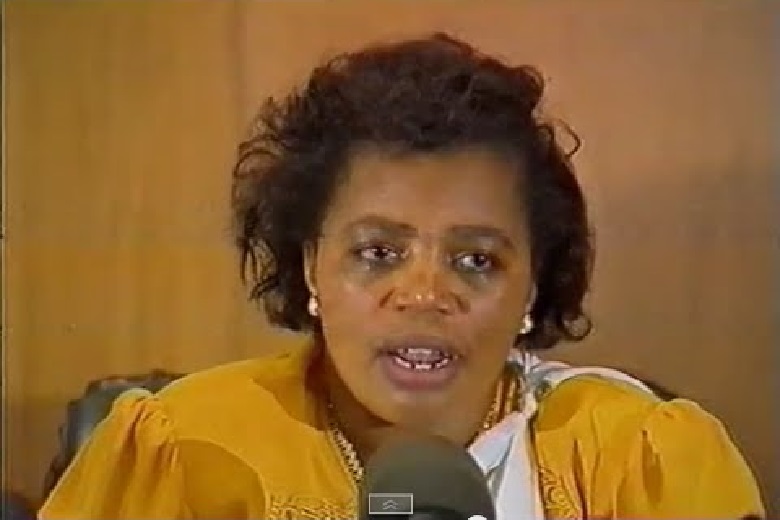
Europeans usually have an idea of the genocide in Rwanda, when short Hutus killed tall Tutsis. But few people know the names of the participants in the events. Uwilingiyimana, a Hutu by nationality, became prime minister, but only for eighteen days.
The president dismissed her, but since there were no others, she remained interim prime minister for another eight months, continuing to fulfill her duties. Hutu leaders viewed Agathe as a traitor to the interests of her people, as she considered it essential to maintain peace and balance in the country.
In April 1994, the plane carrying the President of Rwanda was shot down by rockets. Agathe became the de facto head of the country until the proposed election of the next president. The UN provided her with protection from among the Belgian and Ghanaian soldiers.
Rwandan guards also guarded her. At seven in the morning, the Rwandan guards demanded that the foreigners lay down their arms, and they complied with the requirements after some consideration.
Agathe and her family, during negotiations between the Rwandan and foreign guards, managed to leave the house and take refuge at the UN volunteer base. But the Rwandans soon entered there. Agathe and her husband went out to meet them – if they were found near the children, they would also kill the children. They were shot on the spot. A Senegalese officer from the UN Volunteer Base Mbaye Diange took care of the children. He transported them to Europe. Belgian and Ghanaian guards were tortured and killed after they laid down their arms. In total, up to a million people died during the Rwandan massacre.

